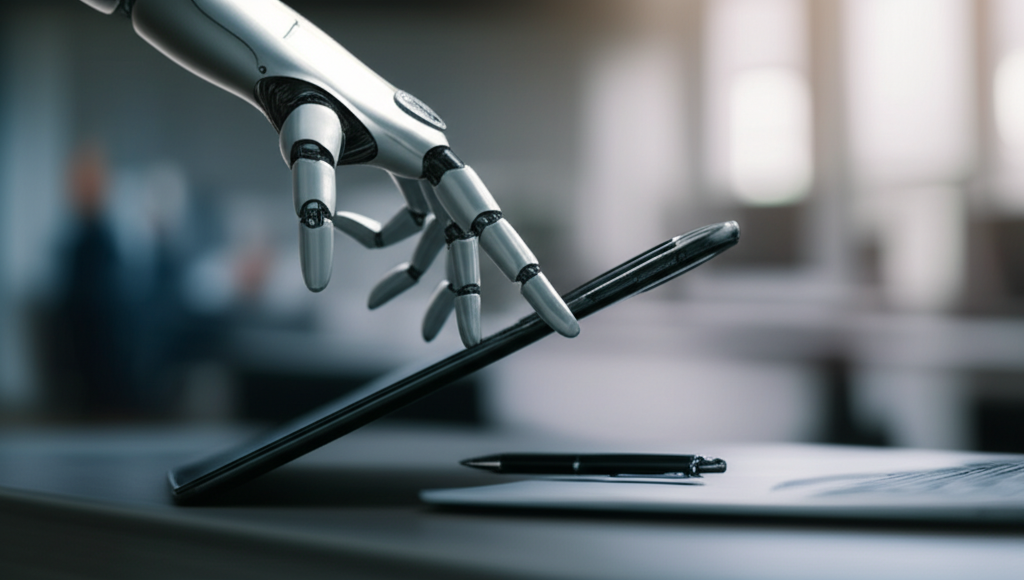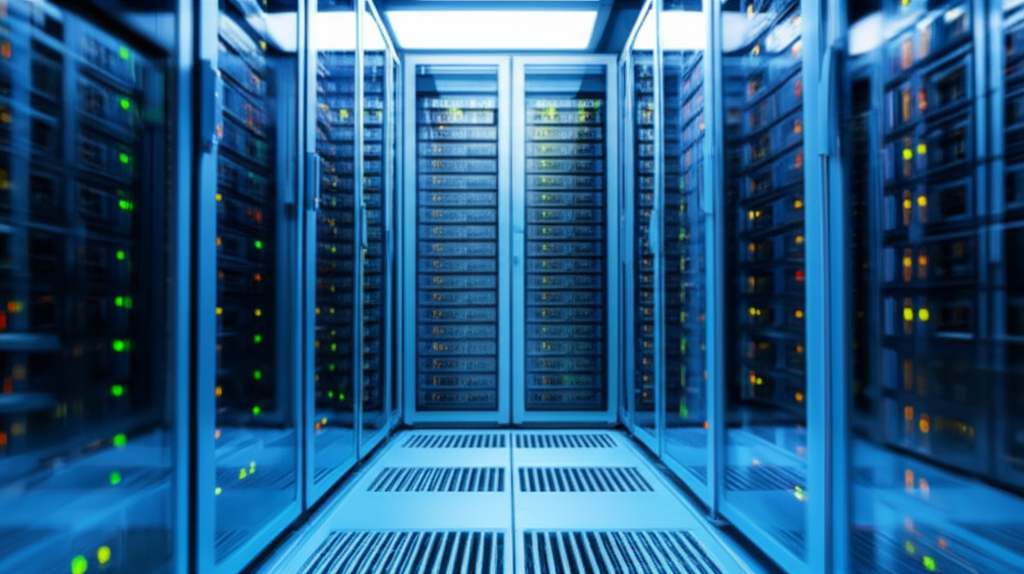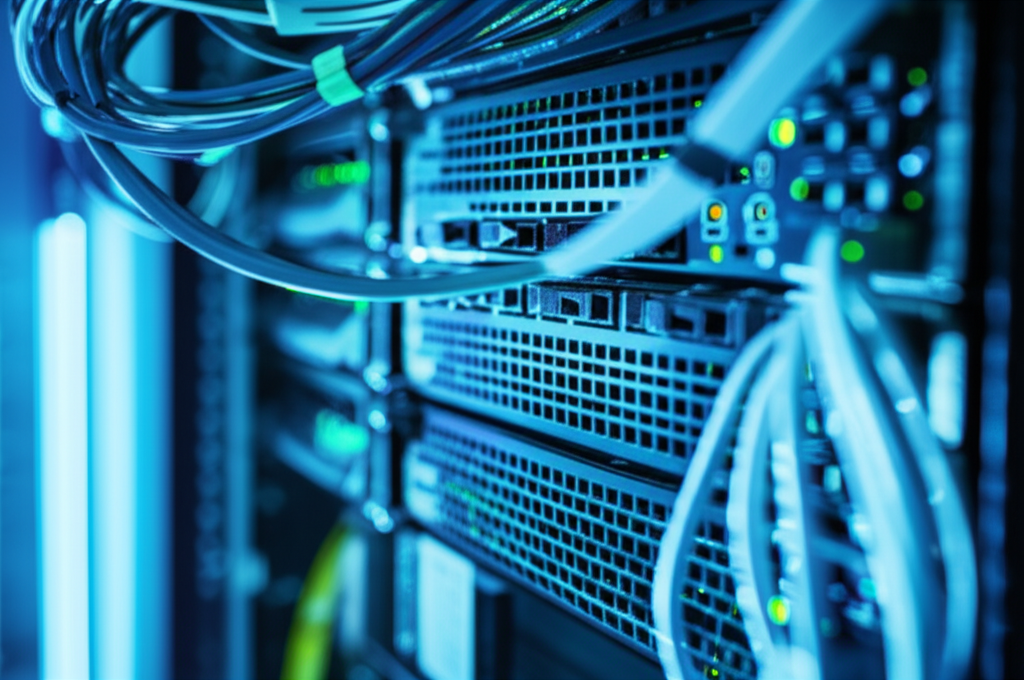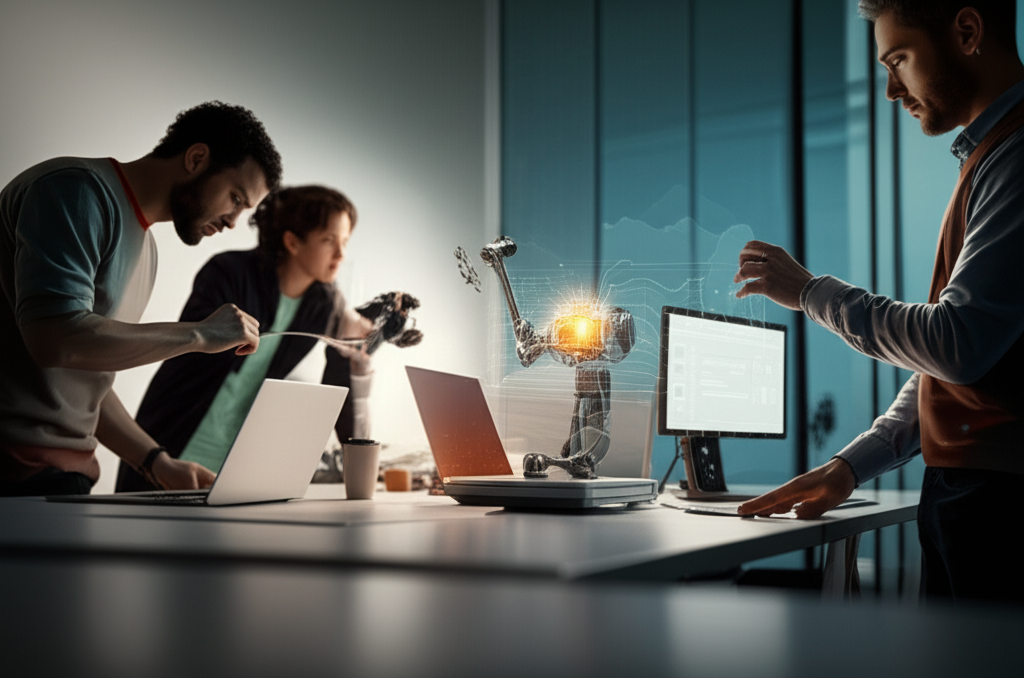
Meta description: Are AI agents poised to replace human workers by 2025? Explore the impact, benefits, challenges, and future of AI in the workplace.
The Rise of AI Agents: A New Era of Automation
The buzz around AI agents is growing louder, and for good reason. These sophisticated pieces of software, designed to operate autonomously and make decisions, are rapidly transforming industries. But the question on everyone’s mind is: will these AI agents eventually replace human workers? The potential impact of AI on the job market is a topic of intense debate, with some predicting widespread displacement and others envisioning a future of collaboration between humans and machines.
AI agents represent a significant leap forward in automation. Unlike traditional software that performs pre-programmed tasks, AI agents can learn, adapt, and make decisions based on real-time data. This level of autonomy opens up a wide range of possibilities, from customer service and data analysis to complex problem-solving and even creative endeavors.
The Capabilities of AI Agents
AI agents are not simply automated scripts; they are intelligent systems capable of understanding context, learning from experience, and adapting to changing environments. Here’s a closer look at their key capabilities:
– Autonomous Operation: AI agents can operate independently, without constant human supervision.
– Learning and Adaptation: They can learn from data and experience, improving their performance over time.
– Decision-Making: AI agents can analyze information and make decisions based on pre-defined goals and constraints.
– Communication and Collaboration: They can communicate with other agents and humans, coordinating efforts to achieve common objectives.
– Task Execution: AI agents can perform a wide range of tasks, from simple data entry to complex problem-solving.
These capabilities make AI agents valuable tools in various industries, including healthcare, finance, and manufacturing. For instance, in healthcare, they can assist with diagnosing diseases, personalizing treatment plans, and managing patient records. In finance, they can analyze market trends, detect fraud, and automate trading strategies.
Examples of AI Agent Applications
To truly grasp the potential impact of AI agents, it’s helpful to consider specific examples of their applications:
– Customer Service: AI-powered chatbots can handle customer inquiries, resolve issues, and provide personalized support.
– Data Analysis: AI agents can analyze large datasets to identify trends, patterns, and insights.
– Supply Chain Management: They can optimize logistics, predict demand, and manage inventory levels.
– Cybersecurity: AI agents can detect and respond to cyber threats in real-time.
– Research and Development: They can assist with scientific research, drug discovery, and product development.
These are just a few examples of how AI agents are already being used to improve efficiency, reduce costs, and drive innovation across various industries.
The Impact on the Job Market: Replacement or Augmentation?
The question of whether AI agents will replace human workers is complex. While it’s true that some jobs will likely be automated, the overall impact on the job market is more nuanced. Many experts believe that AI agents will augment human capabilities, rather than replace them entirely. This means that AI will take over repetitive, mundane tasks, freeing up human workers to focus on more creative, strategic, and interpersonal activities.
For example, in the field of marketing, AI agents can automate tasks such as ad campaign optimization and social media scheduling. This allows marketers to focus on developing creative content, building relationships with customers, and crafting overall marketing strategies. Similarly, in the field of finance, AI agents can automate tasks such as fraud detection and risk assessment, allowing financial professionals to focus on building relationships with clients and providing personalized financial advice.
However, it’s also important to acknowledge that some jobs will inevitably be displaced by AI agents. These are typically jobs that involve repetitive, manual tasks that can be easily automated. To mitigate the negative impact of job displacement, it’s crucial to invest in education and training programs that help workers develop the skills they need to succeed in the new AI-driven economy.
Challenges and Considerations
While the potential benefits of AI agents are significant, there are also several challenges and considerations that need to be addressed:
– Ethical Concerns: Ensuring that AI agents are used ethically and responsibly is crucial. This includes addressing issues such as bias, fairness, and transparency.
– Data Privacy and Security: AI agents rely on vast amounts of data to learn and operate. Protecting the privacy and security of this data is essential.
– Security Risks: AI agents can be vulnerable to cyber attacks and manipulation. Robust security measures are needed to protect them from malicious actors.
– Implementation Costs: Developing and deploying AI agents can be expensive. Organizations need to carefully consider the costs and benefits before investing in these technologies.
– Job Displacement: As mentioned earlier, job displacement is a significant concern. Addressing this issue through education and training programs is crucial.
Addressing these challenges and considerations is essential to ensure that AI agents are used in a way that benefits society as a whole.
The Future of Work with AI Agents
Looking ahead, the future of work will likely involve a hybrid model, where humans and AI agents collaborate to achieve common goals. In this model, AI agents will handle routine tasks, while humans will focus on tasks that require creativity, critical thinking, and emotional intelligence.
To succeed in this new era, workers will need to develop new skills, such as:
– AI Literacy: Understanding how AI agents work and how they can be used to solve problems.
– Critical Thinking: The ability to analyze information, evaluate arguments, and make sound judgments.
– Creativity: The ability to generate new ideas, develop innovative solutions, and think outside the box.
– Emotional Intelligence: The ability to understand and manage emotions, build relationships, and communicate effectively.
– Adaptability: The ability to adapt to change, learn new skills, and thrive in a dynamic environment.
By investing in these skills, workers can prepare themselves for the future of work and ensure that they remain valuable contributors to the economy. The integration of AI agents is not about replacing human workers, but about transforming the nature of work itself. It’s about creating new opportunities for humans to focus on what they do best—innovate, create, and connect.
For more insights or collaboration opportunities, visit www.agentcircle.ai.






